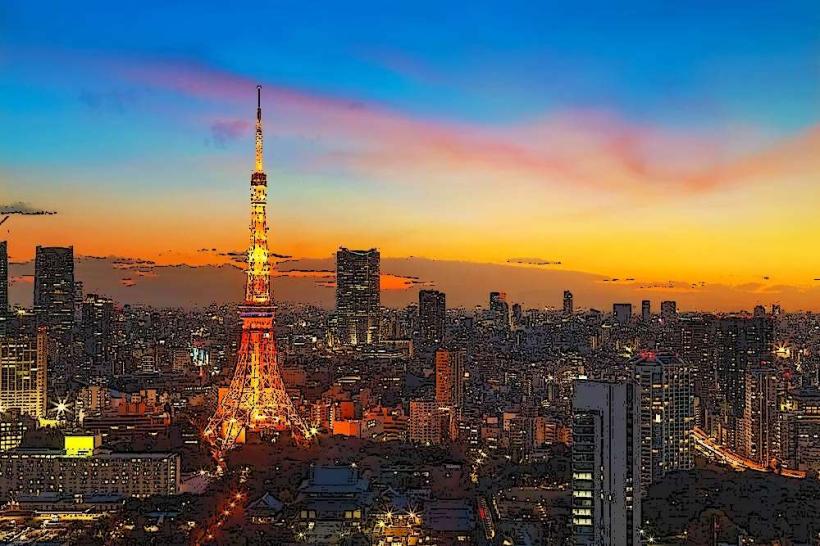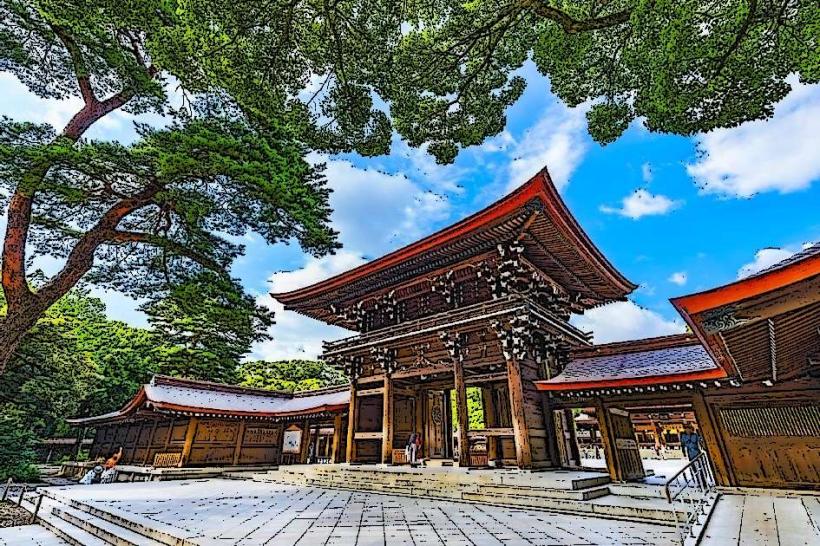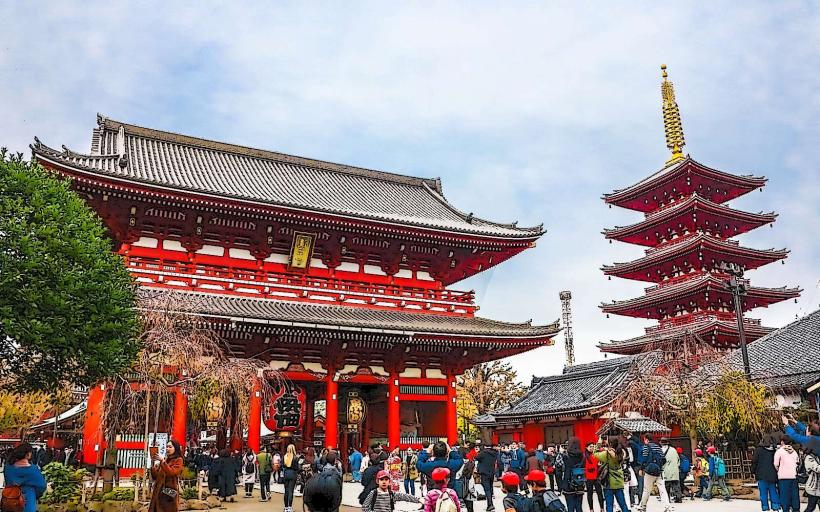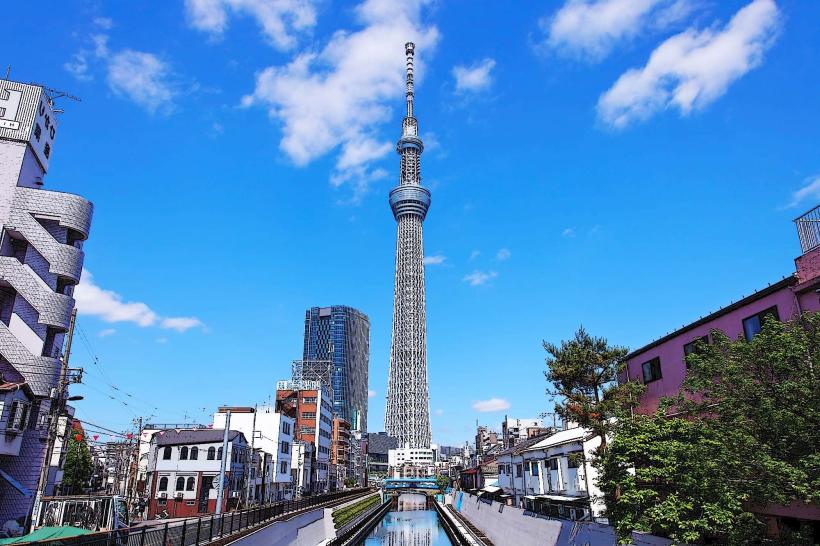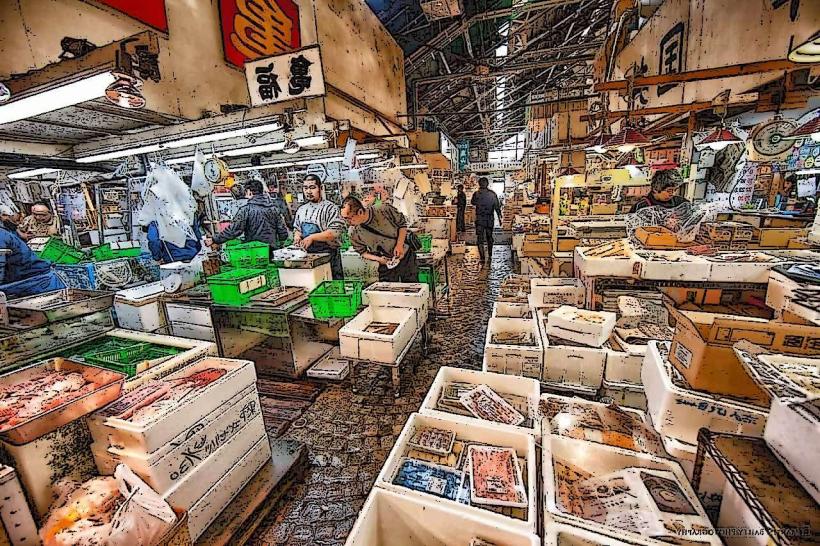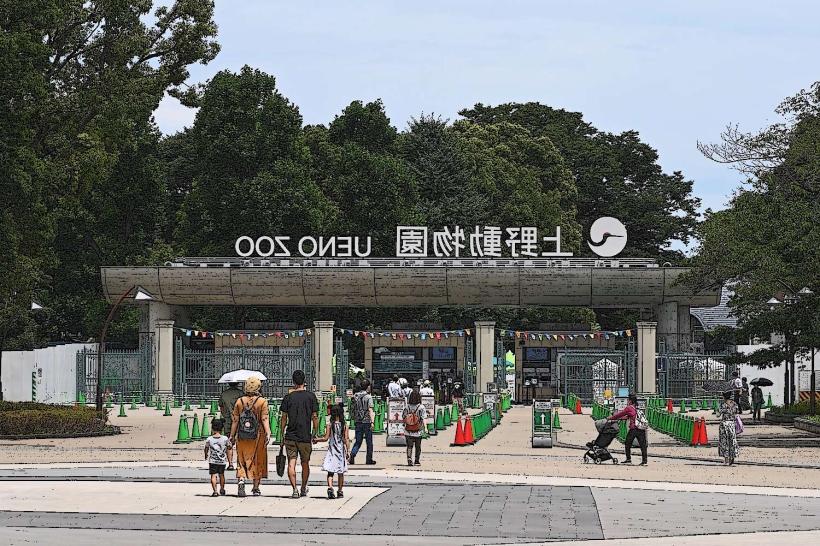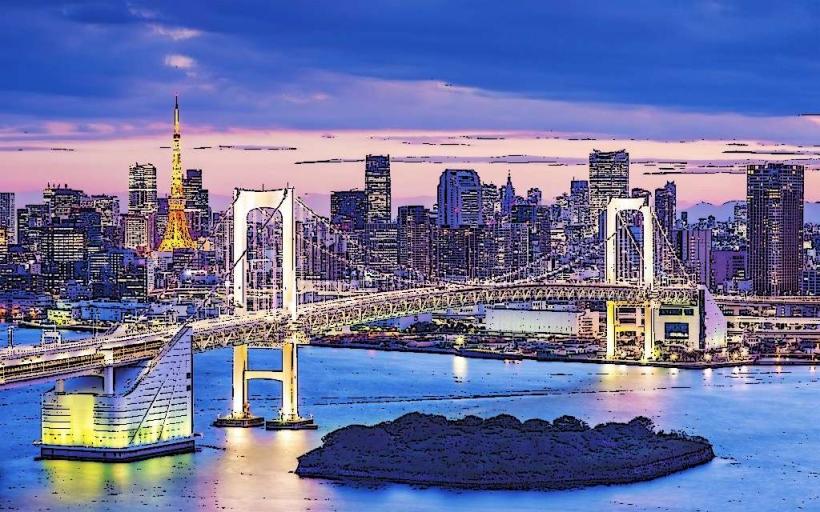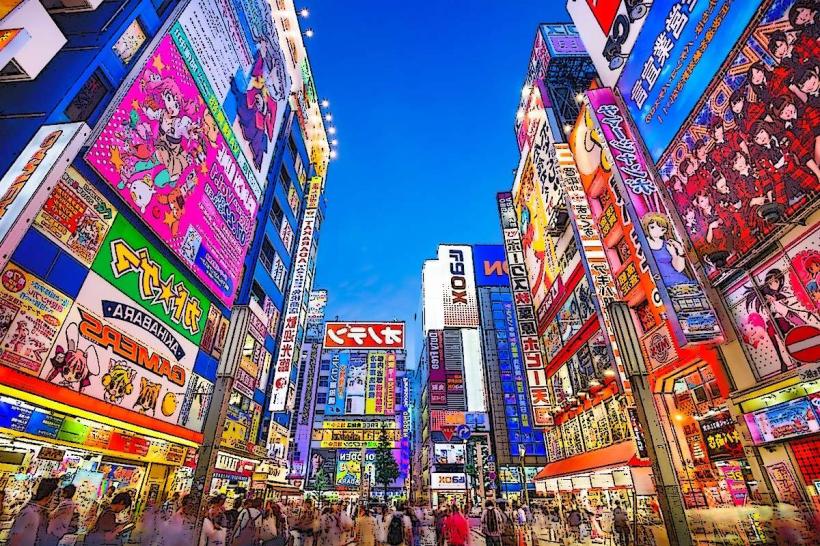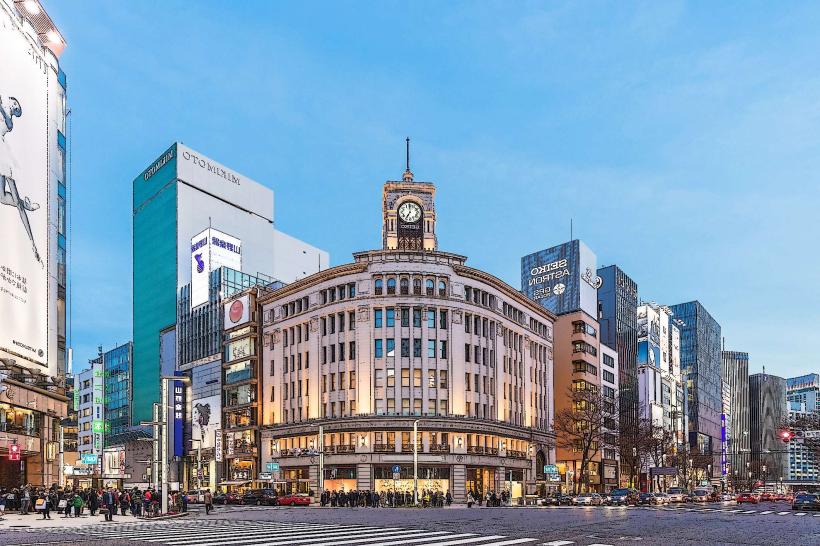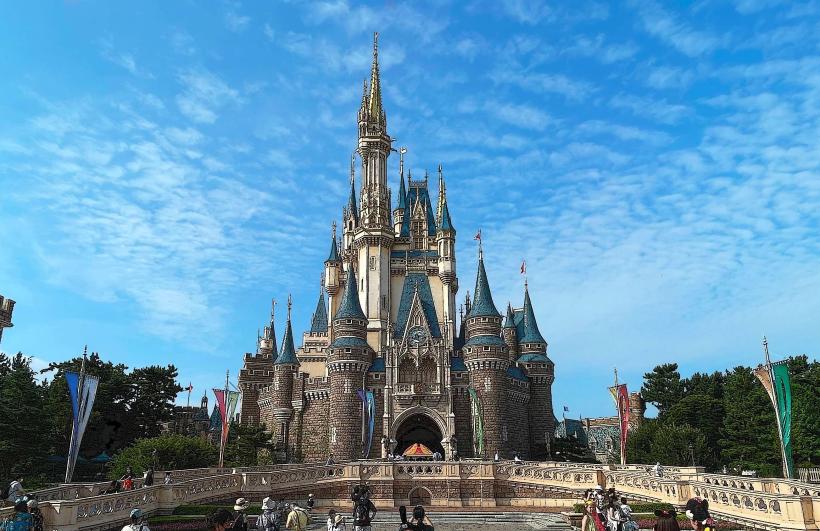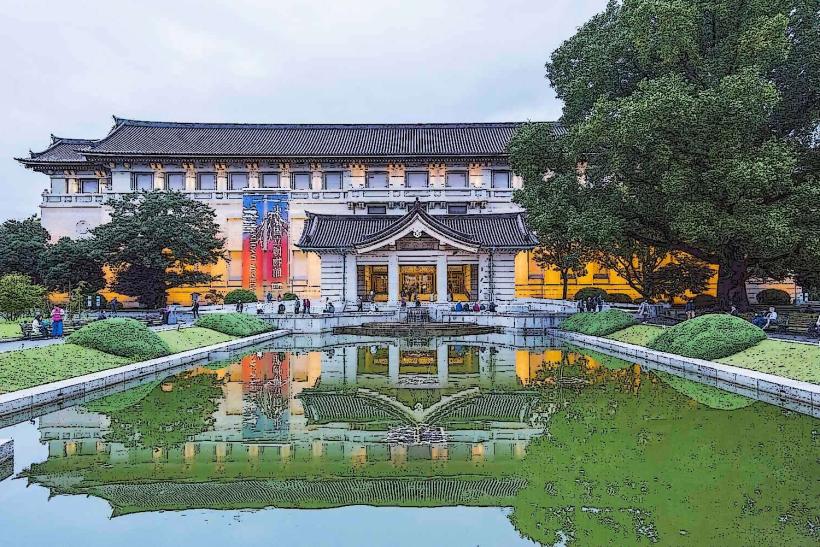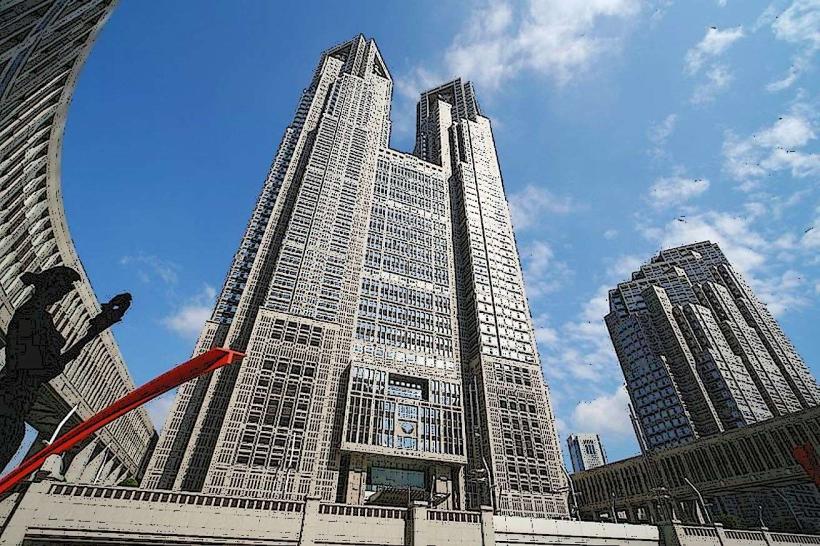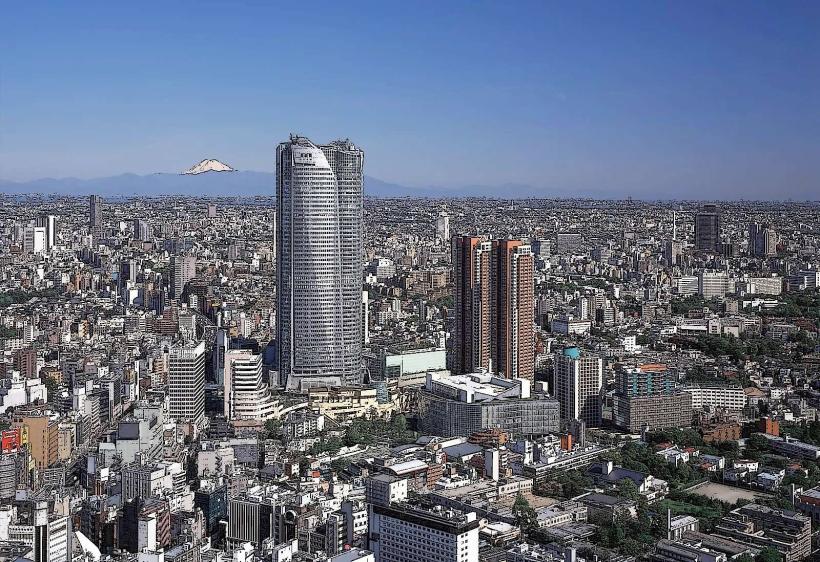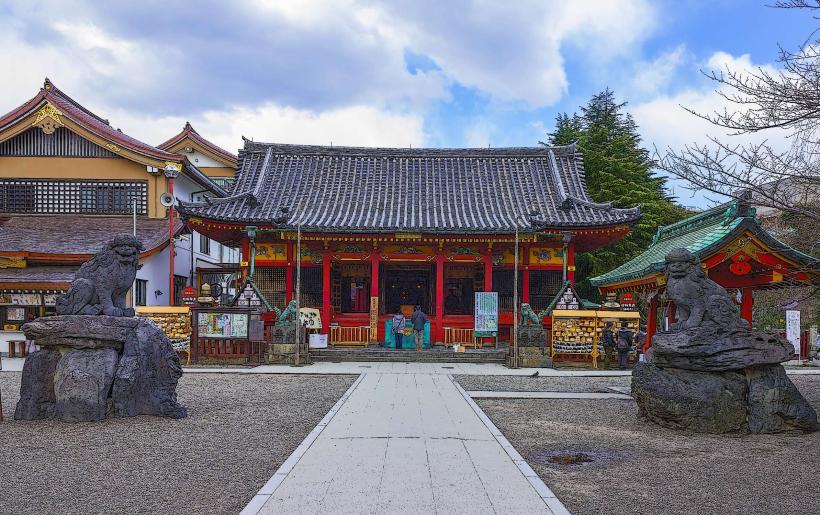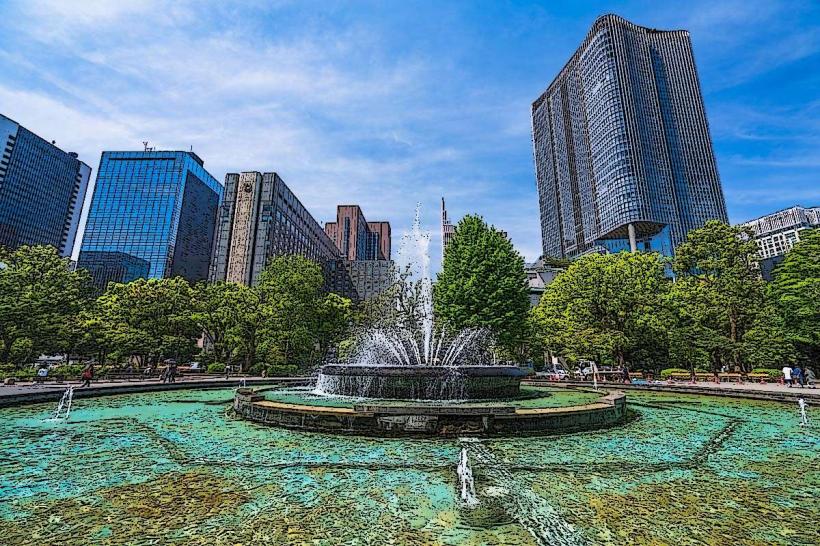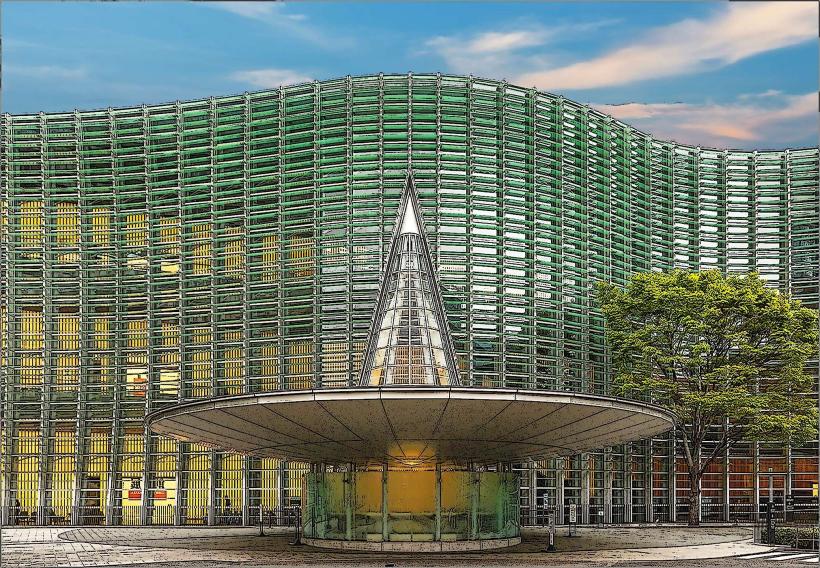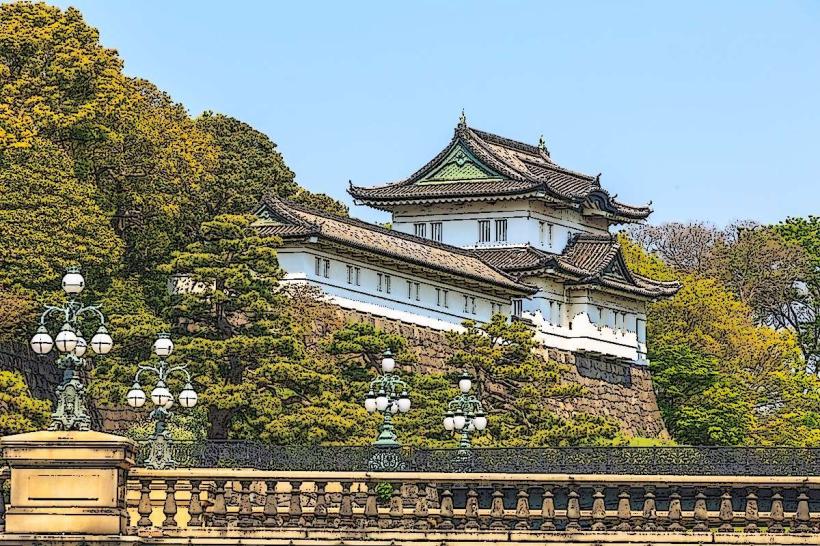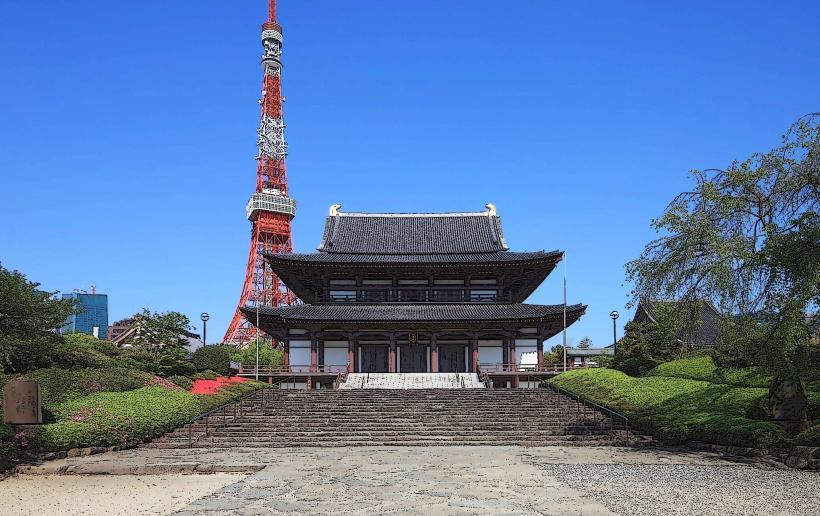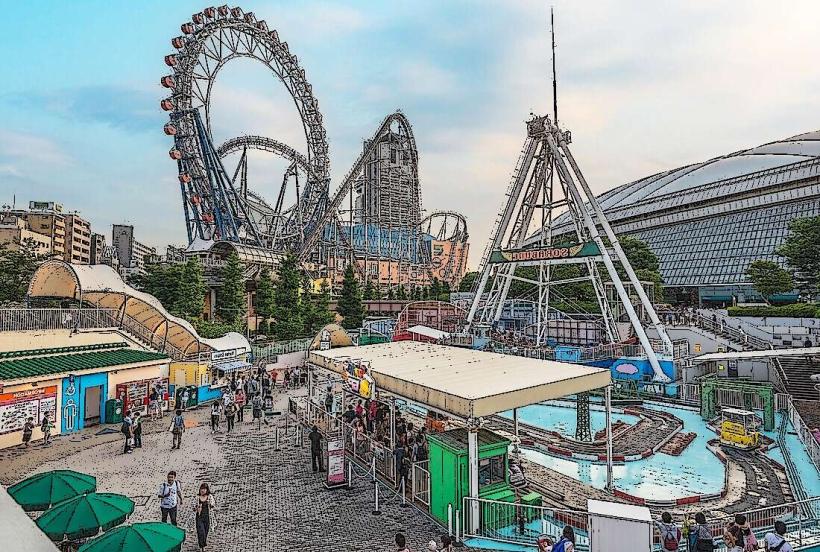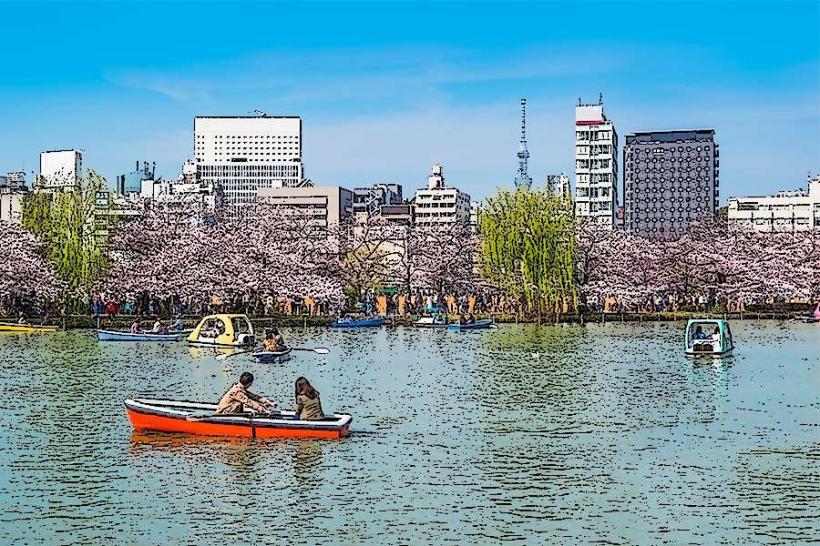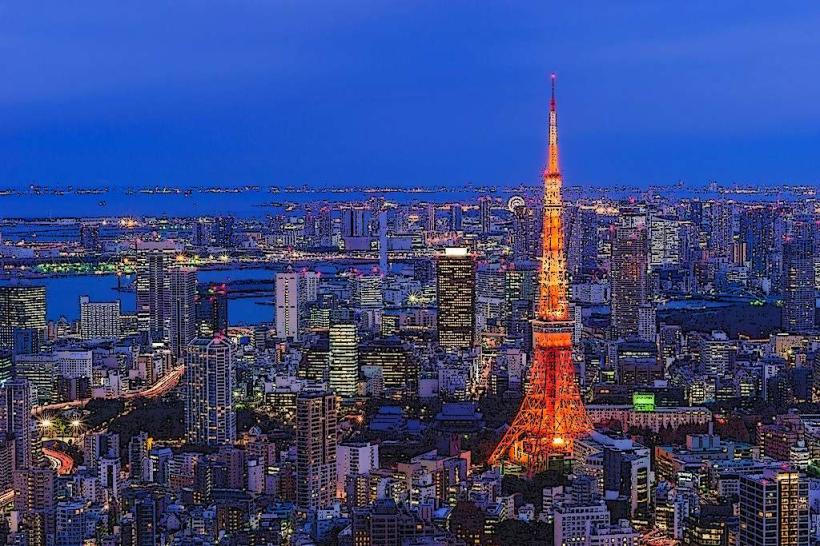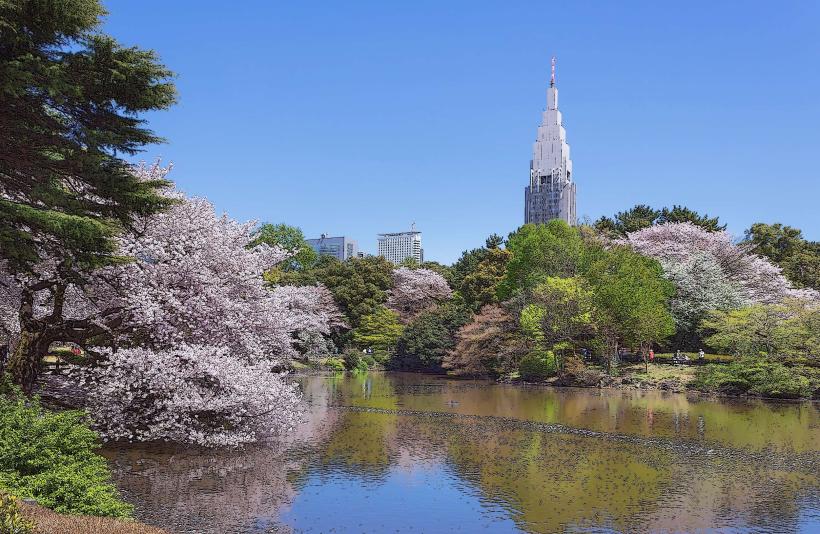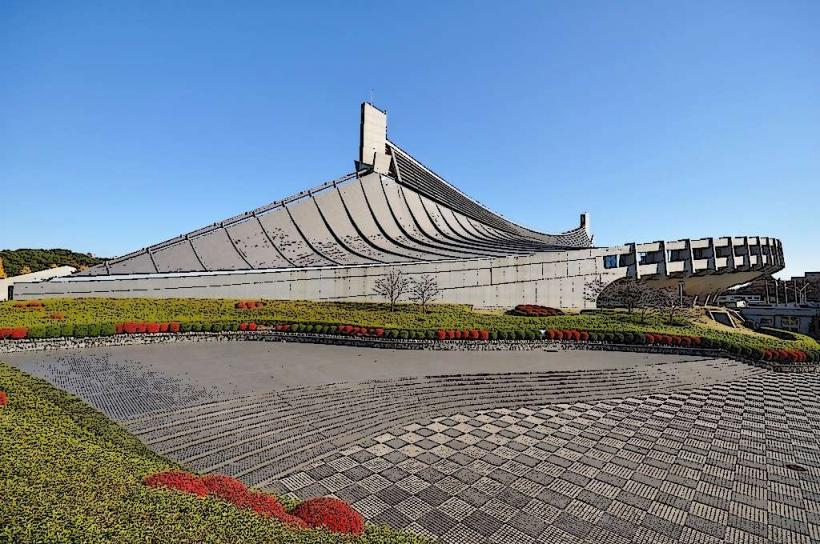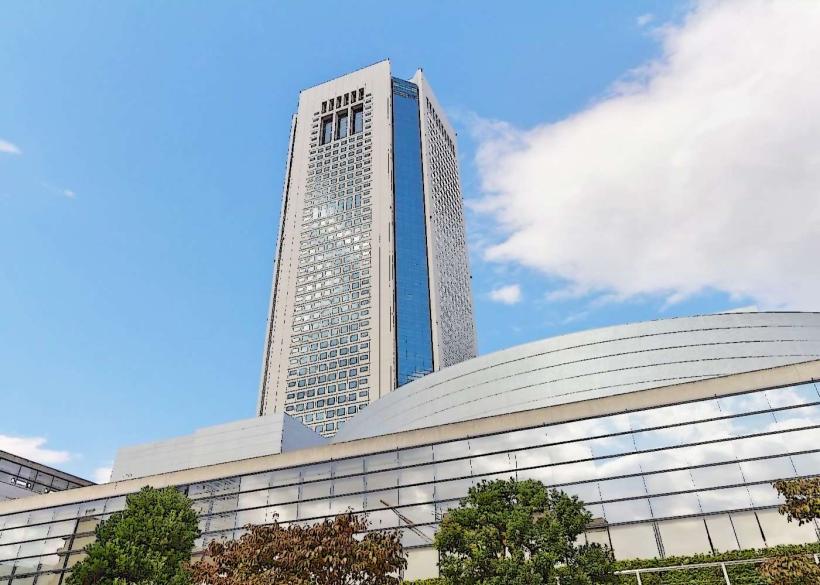Information
Landmark: Shibuya CrossingCity: Tokyo
Country: Japan
Continent: Asia
Shibuya Crossing, Tokyo, Japan, Asia
Shibuya Crossing is a major pedestrian intersection located in the Shibuya district of Tokyo, Japan. It is one of the busiest intersections in the world.
Visual Characteristics
The intersection is characterized by multiple crosswalks that converge at a central point, allowing pedestrians to cross in various directions simultaneously. Surrounding buildings feature large digital billboards and video screens that contribute to the area's visual density. The ground surface is paved asphalt.
Location & Access Logistics
Shibuya Crossing is situated directly outside the Hachiko Exit of Shibuya Station. Shibuya Station is a major railway hub served by JR East (Yamanote Line, Saikyo Line, Shonan-Shinjuku Line), Keio Corporation (Keio Line, Inokashira Line), and Tokyo Metro (Ginza Line, Hanzomon Line, Fukutoshin Line). Numerous bus routes also terminate or pass through Shibuya Station. Parking is available in multi-story car parks surrounding the station, such as the Shibuya Mark City Parking or the Shibuya 109 Parking.
Historical & Ecological Origin
The intersection's current form and scale developed organically with the growth of Shibuya as a commercial and entertainment center, particularly after World War II. Its origin is tied to the expansion of transportation infrastructure and the increasing population density of Tokyo.
Key Highlights & Activities
Observing the synchronized pedestrian movement during a "scramble crossing" event. Photography from elevated viewpoints, such as the Starbucks overlooking the intersection or the Shibuya Sky observation deck. Shopping and dining in the surrounding commercial complexes.
Infrastructure & Amenities
Restrooms are available within Shibuya Station and adjacent commercial buildings. Numerous food vendors and restaurants are located within a 100-meter radius. Cell phone signal (4G/5G) is consistently strong throughout the area. Shade is limited to the interiors of buildings and covered walkways.
Best Time to Visit
For photography, early morning (before 8:00 AM) offers less pedestrian traffic and softer light. Evening hours (after 6:00 PM) provide the most dynamic visual experience due to the illuminated billboards. The intersection is busiest during weekday rush hours (7:00 AM - 9:00 AM and 5:00 PM - 7:00 PM) and on weekends.
Facts & Legends
The Hachiko statue, located near the Hachiko Exit of Shibuya Station, commemorates the loyal Akita dog who waited for his owner at the station every day, even after the owner's death. The statue serves as a popular meeting point.
Nearby Landmarks
- Shibuya Station (0km)
- Hachiko Statue (0.05km North)
- Shibuya 109 (0.1km West)
- Center Gai (0.15km West)
- Shibuya Sky (0.2km Southwest)

